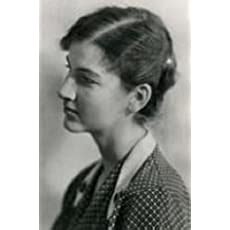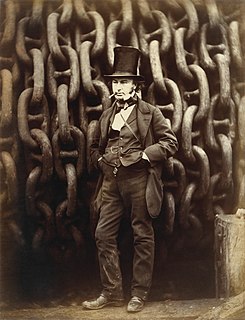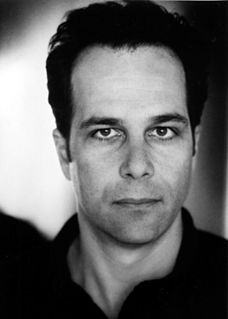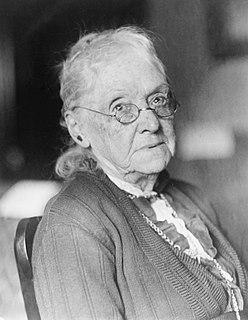A Quote by Pope Francis
Wars are always madness: all is lost in war, all is to be gained in peace.
Related Quotes
Is it not tragic, for example, that while in the last World War almost everyone believed it was the war to end all wars and wanted to make it so, now in this Second World War almost no writer that I have read dares even suggest that this is the war to end all wars, or act on that belief? We have lost the courage to hope.
Perhaps peace is not, after all, something you work for, or 'fight for.' It is indeed 'fighting for peace' that starts all the wars. What, after all, are the pretexts of all these Cold War crises, but 'fighting for peace?' Peace is something you have or do not have. If you are yourself at peace, then there is at least some peace in the world. Then share your peace with everyone, and everyone will be at peace.
I'm not pro-war. But I think war has been the dominant condition of humankind, and peace has been the anomaly - certainly sustained periods of peace that profit great masses of people - and I think war has worked, even awful hellish wars: worked to staunch fascist aggression in Europe, worked to preserve the Union after secession in the United States, etc. Not always, maybe not often, but to say never is to reject history in favor of a wishful unreality.
Wars--and what is war except crime on a mass scale?--destroy rather than produce. The vandal that destroys a window causes not only the owner to bear the costs of replacing it, but costs those whom he planned on using that money to buy from. The same goes for wars. The warlords--of war and peace--destroyed so much, not only what existed, but all those new things that could have existed, if only individuals were left in peace.
We fight wars not to have peace, but to have a peace worth having. Slavery is peace. Tyranny is peace. For that matter, genocide is peace when you get right down to it. The historical consequences of a philosophy predicated on the notion of no war at any cost are families flying to the Super Bowl accompanied by three or four trusted slaves and a Europe devoid of a single living Jew.
And always we had wars, and more wars, and still other wars - all over Europe, all over the world. "Sometimes in the private interest of royal families," Satan said, "sometimes to crush a weak nation; but never a war started by the aggressor for any clean purpose - there is no such war in the history of the race."
It was a time of madness, the sort of mad-hysteria that always presages war. There seems to be nothing left but war--when any population in any sort of a nation gets violently angry, civilization falls down and religion forsakes its hold on the consciences of human kind in such times of public madness.





































